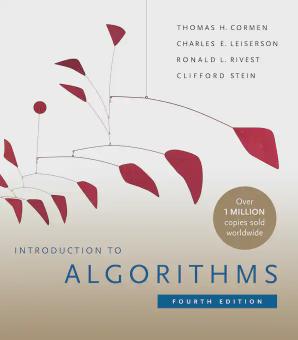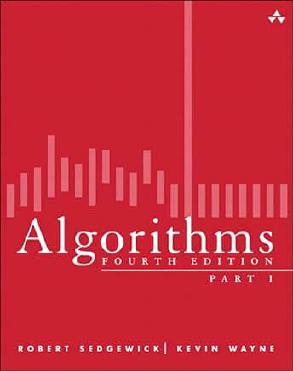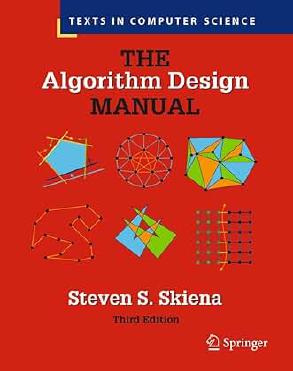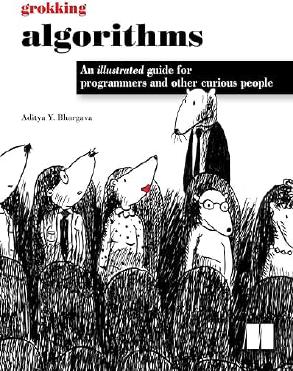
Algorithms #
Algorithms are a fundamental aspect of modern computing, acting as a set of instructions to solve problems and execute tasks. In essence, they are the backbone of computer programs, providing a methodical approach for data processing and decision-making. Algorithms can be simple, like those for sorting numbers, or complex, like those powering search engines or machine learning models. They are vital in various fields, from finance to healthcare, enabling efficient data analysis, predictions, and automation. The effectiveness of an algorithm is measured by its accuracy, efficiency, and the resources it consumes. As technology advances, algorithms continue to evolve, becoming more sophisticated and integral to our digital world.
Types of algorithms #
Algorithms encompass a vast range of types, each designed for specific applications. Beyond the ones mentioned, there are numerous other types:
-
Graph Algorithms: Used in networking, they help in finding the shortest paths, like Dijkstra’s algorithm, and in graph traversing, like depth-first and breadth-first search.
-
Dynamic Programming Algorithms: These tackle complex problems by breaking them down into simpler subproblems, as seen in the Fibonacci series or the Knapsack problem.
-
Greedy Algorithms: They make the optimal choice at each step, as in the case of the Kruskal’s and Prim’s algorithms for minimum spanning trees.
-
Divide and Conquer Algorithms: This technique divides the problem into smaller, manageable parts, then solves each part. Examples include the QuickSort and MergeSort algorithms.
-
Backtracking Algorithms: Used for solving puzzles and constraint-satisfaction problems, like the N-Queens problem or Sudoku solver.
-
Branch and Bound Algorithms: Similar to backtracking, these are used in optimization problems, particularly in operations research.
-
Randomized Algorithms: These algorithms use a degree of randomness as part of their logic. The QuickSort algorithm, with random pivoting, is a common example.
-
Heuristic Algorithms: Often used in problem-solving and decision-making, these are practical methods not guaranteed to be optimal. A popular example is the nearest neighbor algorithm used in the traveling salesman problem.
-
Genetic Algorithms: Inspired by the process of natural selection, these are used for generating high-quality solutions to optimization and search problems.
-
Monte Carlo Algorithms: These are probabilistic algorithms that rely on repeated random sampling to obtain results and are often used in numerical computation.
Each of these algorithm types plays a crucial role in various fields, from computer science to economics, reflecting the diversity and adaptability of algorithms in solving complex problems.
Books #
Introduction to Algorithms by Thomas H. Cormen, Charles E. Leiserson, Ronald L. Rivest, and Clifford Stein #

Algorithms, Part I by Robert Sedgewick and Kevin Wayne #

The Algorithm Design Manual by Steven S. Skiena #

Algorithms Unlocked by Thomas H. Cormen #

Grokking Algorithms: An Illustrated Guide for Programmers and Other Curious People by Aditya Bhargava #
